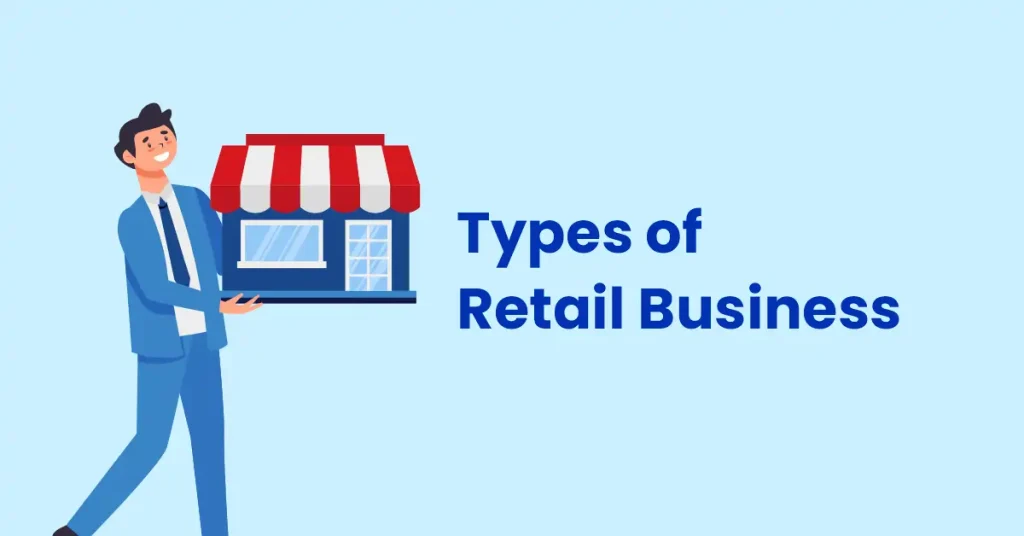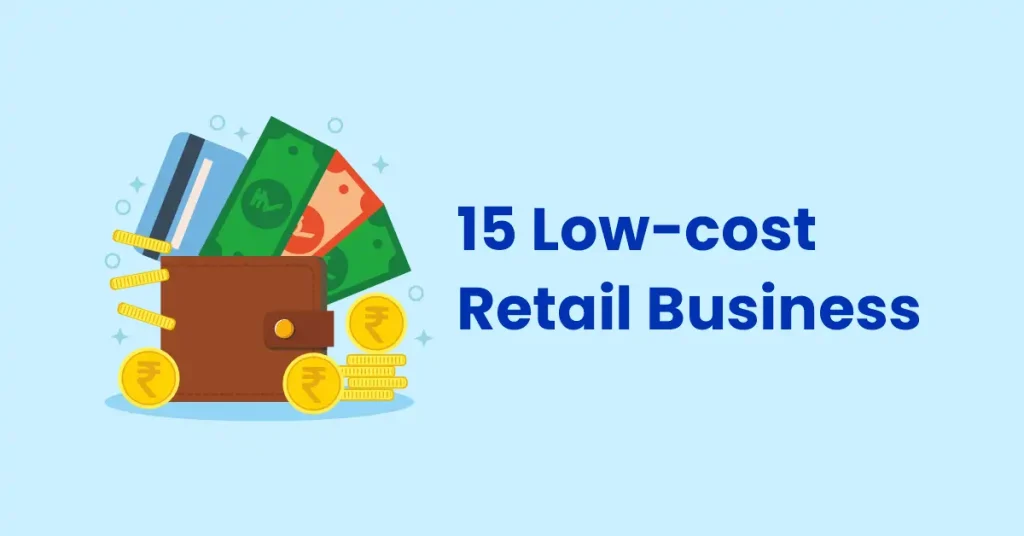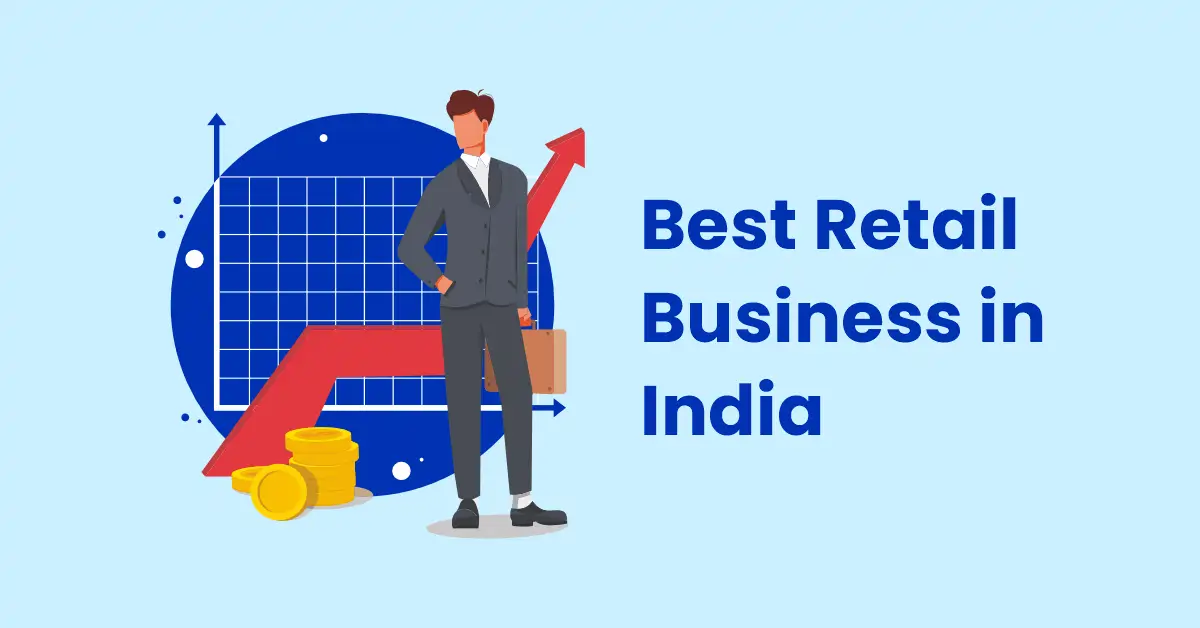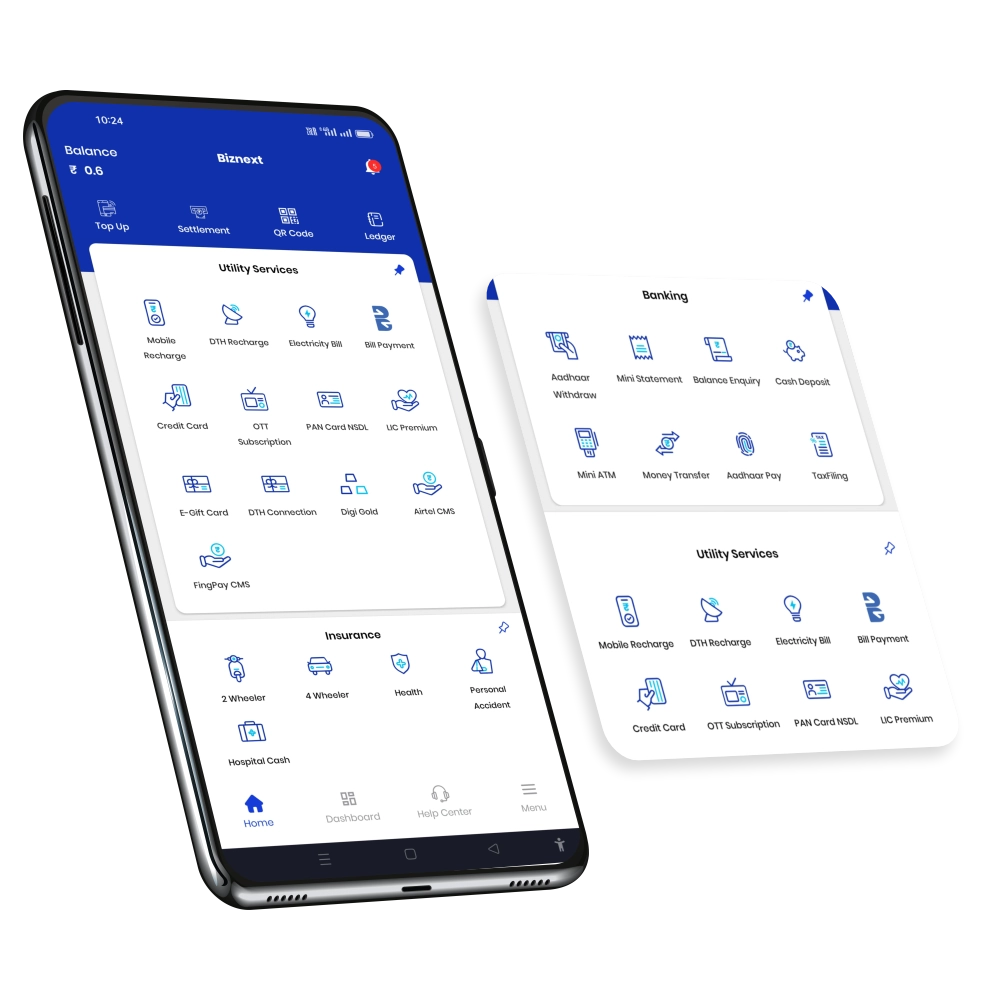Starting a retail business in India is an exciting opportunity because of the country’s huge and growing market of shoppers. Whether you’re thinking about opening a clothing store, a grocery shop, or an electronics store, there are many possibilities. India’s economy is growing, which means people have more money to spend on things they need and want, making it a promising environment for retail businesses.
To stand out and succeed, it’s important to offer good products and fair prices. But it’s not just about what you sell; how you sell it matters too. Using modern technology can make a big difference. For example, fintech tools like AEPS (Aadhaar Enabled Payment System) can help improve your business. AEPS allows customers to make payments using their Aadhaar number and fingerprint, which makes the checkout process fast and secure. This technology can help attract customers by making their shopping experience easier and more convenient.
By combining great products with the convenience of technology like AEPS, you can create a retail business that not only meets the needs of Indian shoppers but also stands out in a competitive market. This approach helps build customer trust and loyalty, leading to a more successful and sustainable business.

Types of Retail Business
Retail businesses come in many forms, each serving different needs. Here’s an easy guide to the various types:
- Grocery Stores: These stores sell everyday items like fruits, vegetables, bread, milk, and snacks. They are essential for daily shopping and are usually found in neighbourhoods.
- Clothing Stores: These shops offer clothes and accessories such as shirts, dresses, shoes, and hats. They can range from small boutiques to large chain stores.
- Electronics Stores: These stores focus on electronic items like phones, computers, TVs, and home appliances. They often provide detailed information and assistance with tech products.
- Pharmacies: Pharmacies sell medicines, health products, and sometimes basic groceries. They are important for buying prescriptions and over-the-counter medications.
- Department Stores: These large stores offer a wide range of products, including clothes, home goods, electronics, and more, all in one place. They are convenient for getting many things in one visit.
- AEPS (Aadhaar Enabled Payment System): AEPS allows people to do basic banking tasks like withdrawing cash or checking their balance using their Aadhaar number and fingerprint. Some retail shops provide AEPS services for easier banking.
- Micro ATMs: These small, portable machines offer banking services where regular ATMs aren’t available. They let people withdraw or deposit cash and check their account balance.
- BBPS (Bharat Bill Payment System): BBPS lets customers pay bills like electricity, water, and gas at retail stores. This makes it easy to handle multiple bill payments in one place.
- IRCTC (Indian Railway Catering and Tourism Corporation): Retailers offering IRCTC services help people book train tickets and manage reservations. This service is handy for those who need to travel by train and want to book tickets easily.
In summary, retail businesses offer a variety of products and services, from everyday essentials and clothing to banking and bill payments. Each type of business helps meet different needs and makes life more convenient.


15 Low-cost Retail Shop Business Ideas
- Fintech Services: Set up a small shop offering services like AEPS (Aadhaar Enabled Payment System), where people can use their Aadhaar number and fingerprint for banking.
- Online Store: Sell products through a website or social media. It’s a budget-friendly way to reach customers without needing a physical store.
- Mobile Food Cart: Serve snacks or meals from a food cart or truck. This is cheaper than opening a full restaurant and allows you to move to different locations.
- Home-based Bakery: Bake and sell cakes, cookies, and bread from your own kitchen. This requires minimal equipment and ingredients.
- Handmade Crafts: Create and sell handmade items like jewellery, candles, or decorations. You can sell these online or at local markets.
- Second-hand Clothing Store: Sell gently used clothes at a thrift shop or online. This is an affordable way to start a clothing business.
- Beauty Products Sales: Offer beauty products such as skincare or makeup through a small shop or online.
- Stationery Shop: Sell office supplies, notebooks, and pens from a small store or online.
- Bookstore: Open a small bookstore that sells new or used books.
- Fitness Equipment Rental: Rent out gym equipment or sports gear. This can be managed from a small space or online.
- Pet Supplies: Sell pet food, toys, and accessories from a small store or online.
- Plant Nursery: Grow and sell plants, flowers, and gardening supplies.
- Mobile Phone Accessories: Sell phone cases, chargers, and other accessories. This can be done from a small shop or online.
- Local Produce Stand: Sell fresh fruits, vegetables, and homemade jams from a stand or market.
- Personalized Gifts: Offer customized gifts like mugs, T-shirts, or photo frames.
These low-cost business ideas are easy to start with minimal investment and can often be operated from home or a small space.
Also read – How to Earn More From Your Existing Kirana Shop?
How to Start a Retail Business
- Choose Your Product or Service: Decide what you want to sell. It could be anything from clothes and electronics to offering financial services like AEPS (Aadhaar Enabled Payment System).
- Create a Business Plan: Outline your business goals, target market, budget, and marketing strategy. This plan will guide you through the startup process.
- Register Your Business: Choose a business name and register it. Make sure to get any necessary licenses and permits required for your type of retail business.
- Find a Location: Choose a suitable location for your store. It could be a physical storefront, an online shop, or a small kiosk if you’re offering AEPS services.
- Set Up Your Store: Arrange your store layout, stock your inventory, and set up any necessary equipment. For AEPS services, you’ll need a device that supports Aadhaar authentication.
- Market Your Business: Promote your business through social media, local advertising, and word-of-mouth. Highlight any special services you offer, like AEPS, to attract more customers.
- Launch Your Store: Open your store to the public. Provide excellent customer service to build a loyal customer base.
Starting a retail business involves careful planning and execution, but with the right approach, you can create a successful and profitable business.
Also read – How to Become Village Level Entrepreneur?






